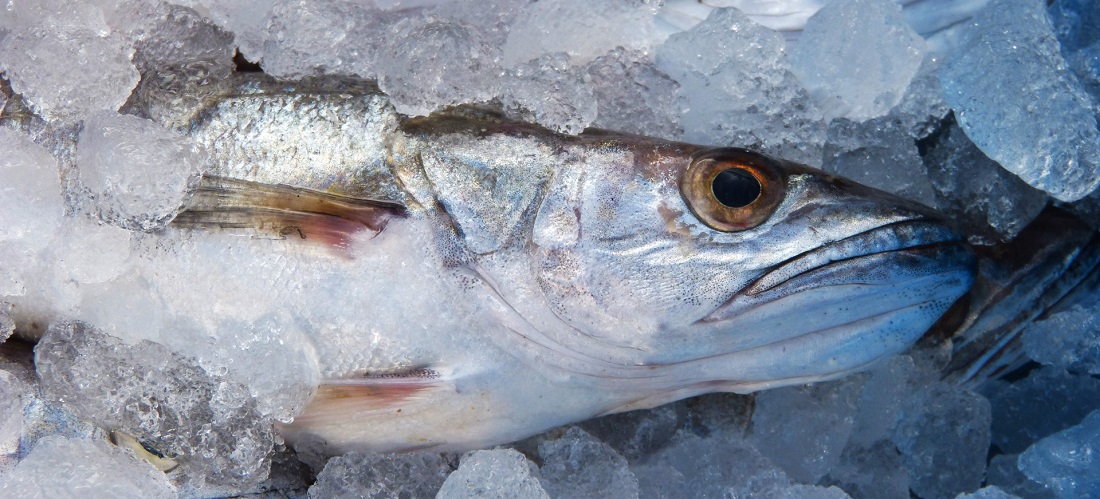
Argentina puts effort to ease Brazilian rules on fish imports
Aug, 17, 2023 Posted by Gabriel MalheirosWeek 202333
Argentina’s National Service of Agri-Food Health and Quality (SENASA in Spanish) is taking steps to ease the entry of hake into the Brazilian market following the placement of twenty companies under the “Import Alert Regime” in May.
In recent decades, Brazil’s role as an importer of specific animal products, particularly fish and dairy items, has been growing.
In a bid to safeguard Brazilian consumers, the Ministry of Agriculture and Livestock of Brazil has undertaken various initiatives to control the quality of imported goods. This involves ramping up surveillance and inspection procedures, as well as collecting samples for analysis in authorized laboratories.
As outlined in an official statement by ABRAPES (Brazilian Association for the Promotion of Fish), the organization convened an inter-organizational meeting to prepare a thorough technical and scientifically justified review of the current import protocol for Merluccius hubbsi into Brazil.
The official list of the Brazilian Ministry of Agriculture and Livestock includes a total of 63 Argentine firms, many of which operate actively and boast a longstanding history in Mar del Plata.
According to data furnished by the Ministry of Agriculture, Livestock, and Fisheries of Argentina, Brazil emerged as the primary destination for hake hubbsi in 2022, accounting for 29% of the total volume exported.
ABRAPES has also shared that it is collaborating with the Fishing Working Group of the Federation of Industries of the State of São Paulo (FIESP) to jointly pursue a harmonized solution, with a deadline for submitting declarations set for September 17th.
Source: Pescare.com
-
Sep, 20, 2020
0
CHINA RECEIVES FIRST CARGO OF BRAZILIAN MELONS
-
Ports and Terminals
Aug, 19, 2020
0
Lightning strike on a container causes fire at Chibatão Port
-
Grains
Feb, 18, 2022
0
Trading companies suffer a setback in Pará regarding excise tax
-
Grains
Dec, 19, 2022
0
Middle East’s Brazilian agribusiness imports up 53%



